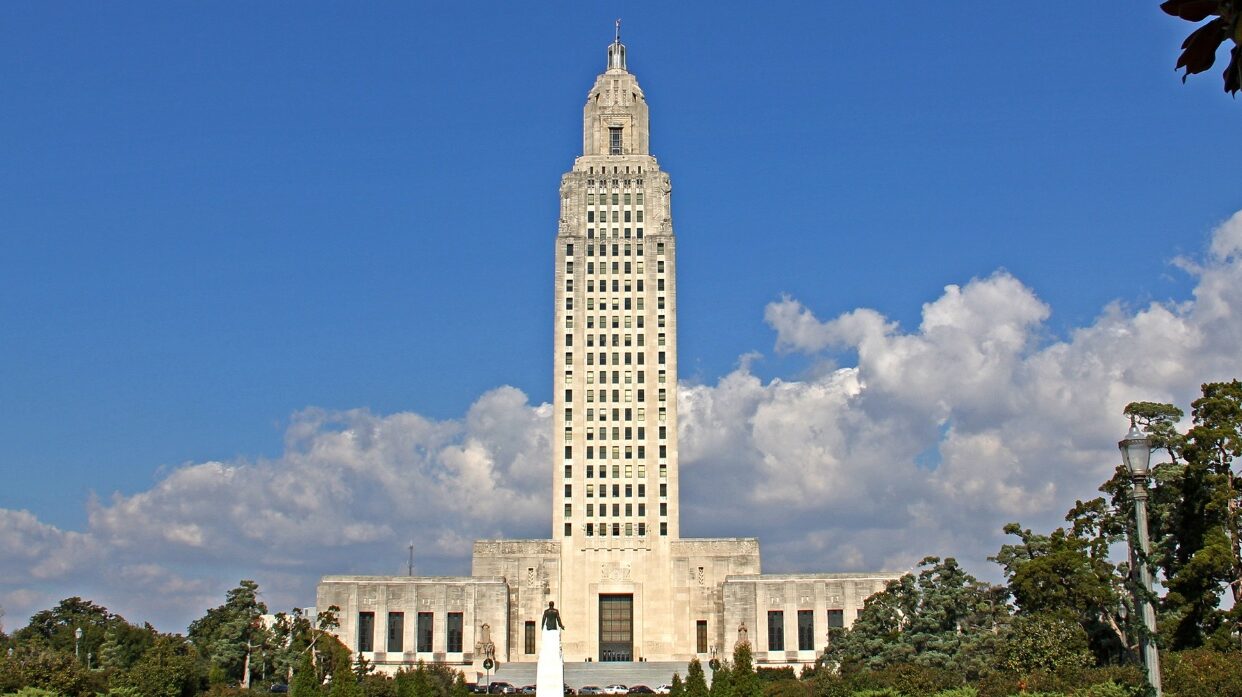Louisianans Come Together to Call for ARP-Funded Equitable Recovery Plan
Chloe2022-08-11T16:54:53-04:00Project Overview
The Louisiana Budget Project brought together 17 organizations to draft and promote a Recovery Agenda for Louisiana. It called for investing federal pandemic aid to support workers, address housing needs, invest in families and poverty reduction, and help children. “Louisiana has a once-in-a-generation opportunity to solve some long-standing problems,’’ Louisiana Budget Project executive director Jan Moller said. “But that can only happen if we focus our rebuilding efforts on the communities and people that have suffered the most from the Covid pandemic and natural disasters.”
Community-Centered Process: Coming together to avoid the failures around the use of Hurricane Katrina aid
The Recovery Agenda for Louisiana reflects the collective effort of coalition members devoted to economic, racial, and environmental justice. The coalition includes organizations focused on affordable housing, children’s issues, workers’ rights, environmental justice and more. These groups recognized that the last time the state received substantial federal aid – following Hurricane Katrina – policymakers squandered the money with giveaways to big business and tax cuts for the rich. These poor choices led to years of budget cuts that left Louisiana workers and families even further behind. The coalition was committed to avoiding a repeat, and so they developed a comprehensive agenda and presented it to policymakers in advance of the state’s budget session. The proposals had a few specific budget asks depending on projects or previously existing programs but were generally intended to serve as a starting point for negotiations with legislators.
Organizing Wins
The Louisiana Recovery Plan coalition had notable successes. The state budget adopted for Fiscal Year 2023 uses $27 million in federal funds for early childhood education programs and $33 million for workforce training related to health care. Early childhood education and child care funding were explicit asks made by the Governor in the executive budget, and the paid leave request was a result of a deal cut by the Speaker and House Dem Caucus Chair. In addition, two proposals from the Recovery Agenda were funded: Supporting the Empowering Families to Live Well Council, which will help the state advance policies that address poverty, and $500,000 for an actuarial study of a paid family and medical leave program. The Live Well funding was achieved thanks to the State Association of Catholic Bishops, who was a partner organization. The budget creates the potential for even greater future investments in an equitable recovery and offers a framework for continued organizing of the Recovery Plan coalition.
Equity Goals
The Recovery Plan reflects a comprehensive vision to help residents hurt the most by the pandemic and to lay the groundwork for addressing long-standing economic and racial inequities. It calls for, among other things: premium pay for essential but low-wage workers who provided vital services during the pandemic; a new paid family and medical leave program that will help millions of workers and put the state in a better position to weather future downturns; both emergency rental assistance and funds to help residents repair damage remaining from prior hurricanes; extensive investments in children from birth-to-age three; student loan forgiveness; and funds to build primary health care clinics in underserved communities. The coalition is committed to fighting for this vision for years to come.

